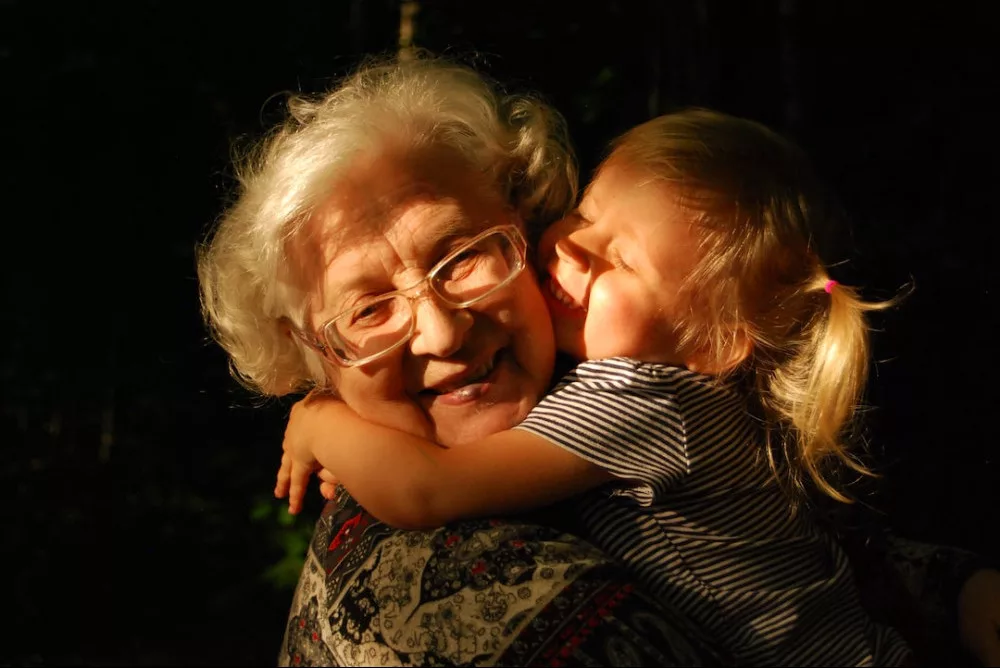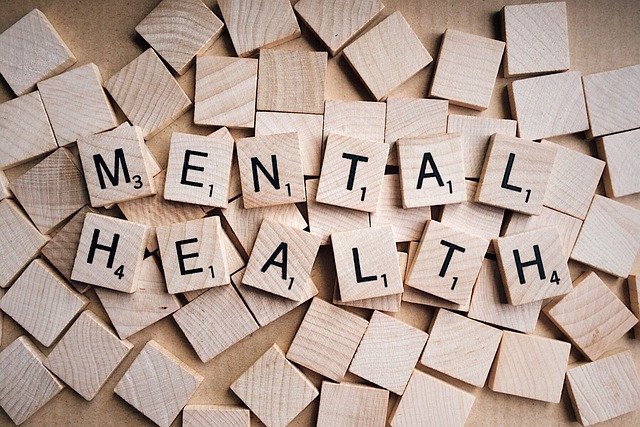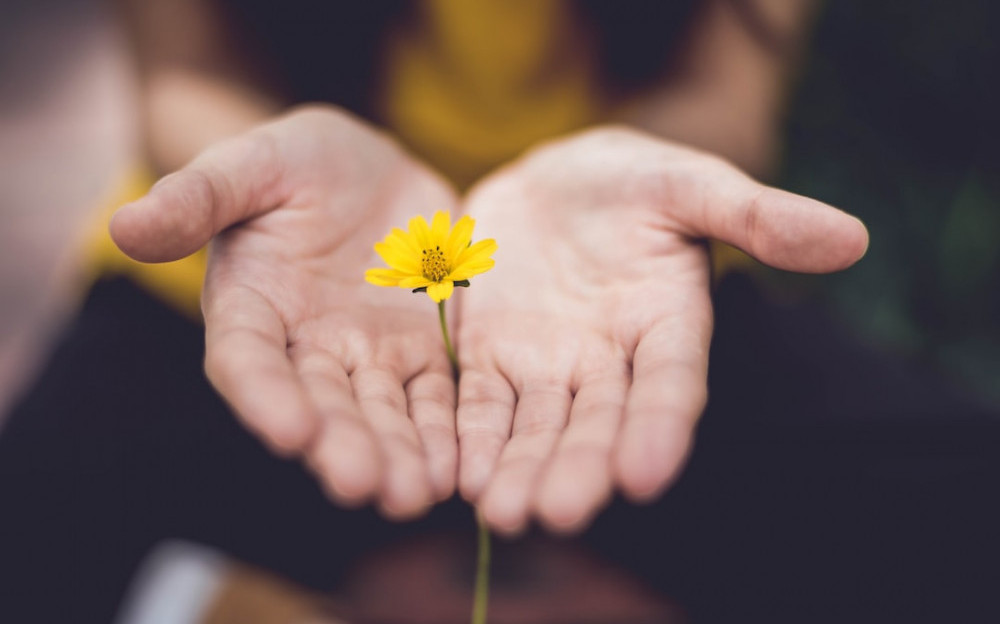Do you frequently hug your friends and family? If you don’t embrace them often, you might want to reconsider after reading this post.
There’s a reason why campaigns like “free hugs” exist – there’s something magical about a simple hug. Hugging can even be seen as a therapeutic approach for various diseases and disorders.
In this post, I will delve into the scientific benefits of hugs in detail, which are bound to surprise you.

The scientific benefits of hugs
Stress reduction
Hugs can help reduce stress by triggering the release of oxytocin, often referred to as the “cuddle hormone.” Oxytocin promotes feelings of relaxation and reduces levels of stress hormones like cortisol, leading to a calmer state of mind.
A notable study about the benefits of hugs is the study conducted by Lightman, S.L., Brown, E., Brown, M.J. et al. (2018) . The 404 participants are randomly assigned to one of three groups: a hug group, a handshake group, or a no-contact control group.
The participants were subjected to a social stressor in the form of a public speaking task, during which their physiological stress responses were measured.

The study found that participants in the hug group experienced significantly lower physiological stress responses compared to both the handshake group and the no-contact control group.
Specifically, participants in the hug group had lower increases in blood pressure and heart rate, as well as reduced levels of cortisol (a stress hormone), compared to the other two groups.
Improved mood
Physical touch, such as hugs, stimulates the release of endorphins, which are the body’s natural mood-enhancing chemicals. Hugs can boost mood, alleviate feelings of sadness or anxiety, and contribute to an overall sense of well-being.

Immune system support
Hugs may have a positive impact on the immune system. The release of oxytocin and other neuropeptides during hugging has been linked to improved immune function, potentially enhancing the body’s ability to fight off infections and diseases.
A study published in the journal “Psychosomatic Medicine” in 2003 found that people who received more hugs were less likely to get sick. The study followed 400 adults for a year and found that those who received more hugs from their spouses or romantic partners were less likely to report getting sick during the study period.
Another study, published in the journal “Health Psychology” in 2005, found that hugs can help to reduce stress and boost the immune system. The study participants were exposed to a common cold virus and then monitored for signs of illness. Those who received hugs from a friend or romantic partner before being exposed to the virus had a lower rate of infection and experienced milder symptoms if they did get sick.

Pain relief
The scientific benefits of hugs is not just that. Hugs have been found to have analgesic properties, meaning they can help reduce pain perception. The release of endorphins during hugging can act as natural painkillers, providing temporary relief from discomfort.
A study published in the journal “Pain” in 2013 found that hugs can help to reduce pain. The study participants were exposed to a cold stimulus and then asked to rate their pain level. Those who received hugs from a friend or romantic partner reported feeling less pain than those who did not receive hugs.
Another study, published in the journal “The Journal of Pain” in 2015, found that hugs can help to reduce pain in people with chronic pain conditions. The study participants were diagnosed with fibromyalgia and were randomly assigned to receive either hugs or no hugs. Those who received hugs reported feeling less pain and had better sleep quality than those who did not receive hugs.
Reduced feelings of loneliness
Hugs can help combat feelings of loneliness and isolation. Physical touch, especially in the form of supportive embraces, can provide a sense of connection and emotional warmth, reducing the negative effects of loneliness.
You can check out this short clip about the the scientific benefits of hugs:
What if you don’t have anyone to hug?
Yes, the the scientific benefits of hugs is very obvious.
But what if there comes a time in life when you don’t have anyone to hug? Don’t worry, I’ve got solutions for that too.
Self-hugging
Have you ever heard of self-hugging. Self-hugging can provide some similar benefits to a hug from another person, although the experience may differ.
You can cross your arms and give yourself a gentle squeeze or wrap your arms around your body. While it may not be the same as receiving a hug from another person, self-hugging can still provide a comforting and soothing sensation.

When you give yourself a big bear hug, it’s like saying, “Hey, I care about you!” It’s a way to show yourself some love and kindness. By hugging yourself, you’re telling your body and emotions that they matter. It helps build a positive relationship with yourself, where you’re all about self-compassion and taking care of numero uno.
Hug your pet
Yes, that’s why we have pet therapy.
Hugging your pet can have positive effects on your physical health. Research has shown that petting and hugging animals can lower blood pressure, reduce heart rate, and decrease the risk of heart disease.
Spending time with animals, such as petting a cat or walking a dog, can provide a sense of touch and companionship. Animals can offer unconditional love and support, which can help alleviate feelings of loneliness.

Most pets enjoy physical affection and attention from their owners. Hugging your pet is a way to show them love and care while also providing them with a pleasurable experience. So, it’s like a win win right? The love from a pet is just as precious as the love from a person.
Remember to consider your pet’s preferences and comfort level with physical contact. Not all animals may enjoy or tolerate hugs, so it’s important to observe their body language and respect their boundaries
Hug a tree
You may think now it’s starting to seem weird. But hugging a tree, also known as tree-hugging or tree therapy, is believed to have various benefits. Hugging a tree allows you to connect with nature and experience a sense of grounding. It can help you feel rooted, present, and connected to the earth. You can check out my post about the benefits of hugging trees here.

Isn’t hugging a free and instant way to uplift our moods?
It’s not just a simple expression of love and compassion; it can have a profound impact on our mental health and physical well-being. So, after reading this post and understanding about the scientific benefits of hugs, my hope is that you will embrace the opportunity to hug your loved ones more often. Don’t forget to also give yourself some well-deserved hugs.






